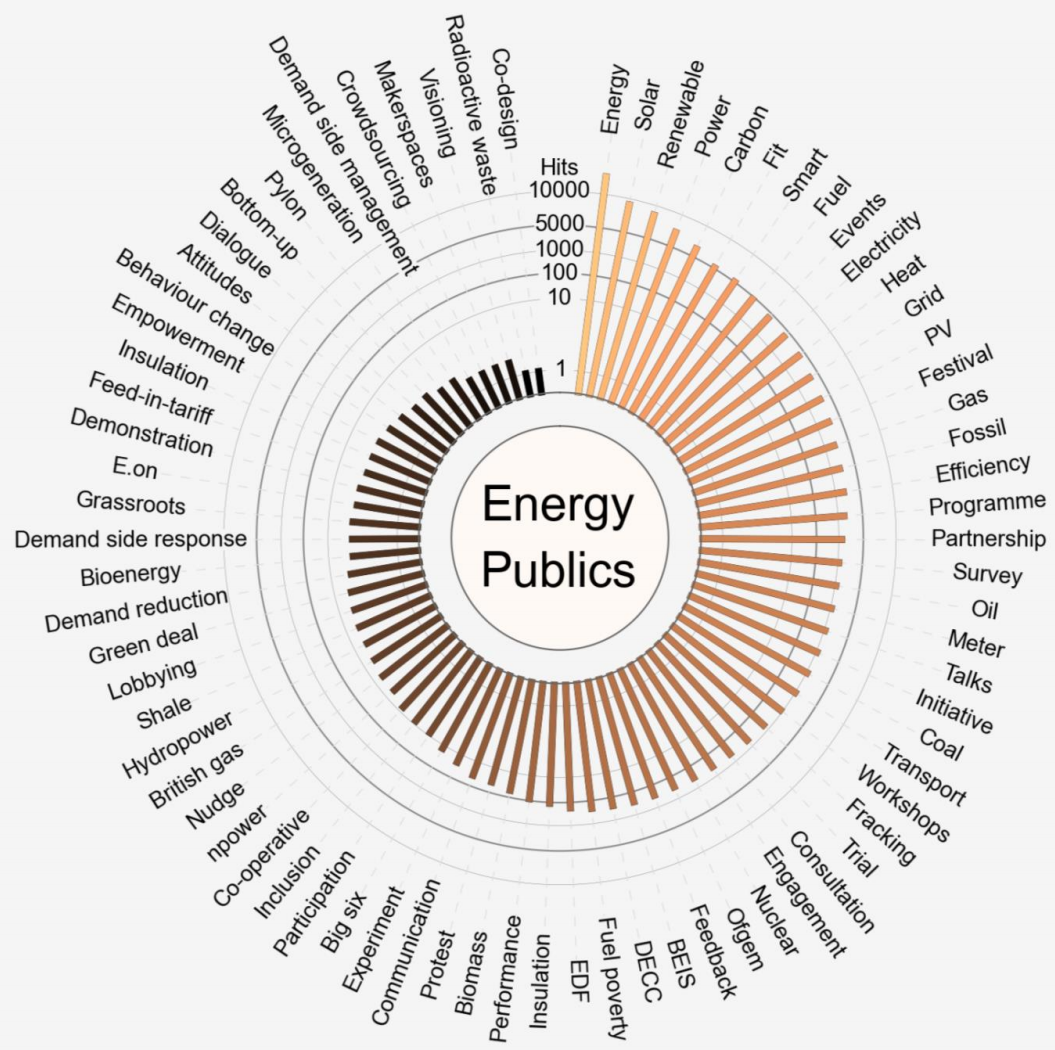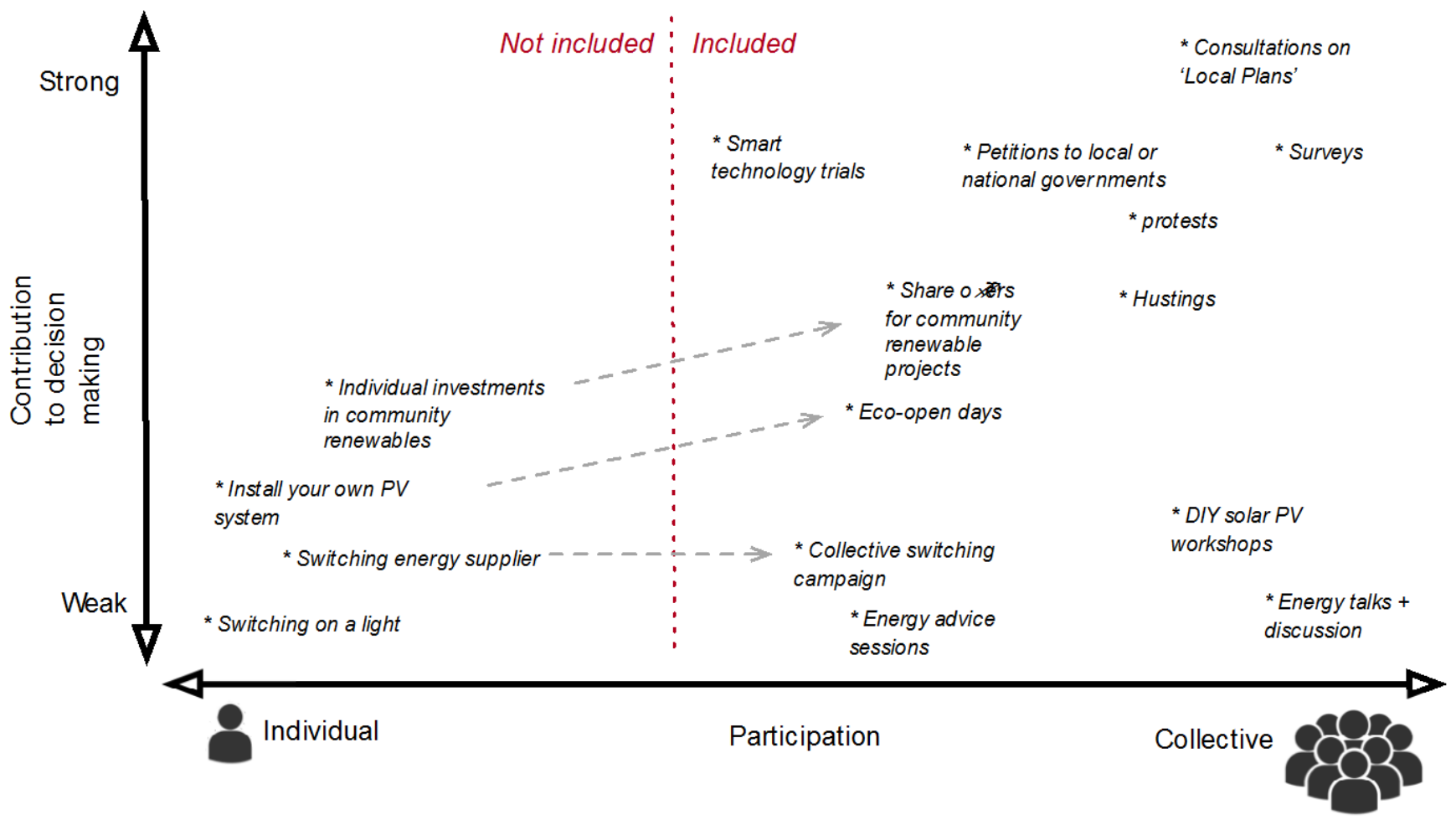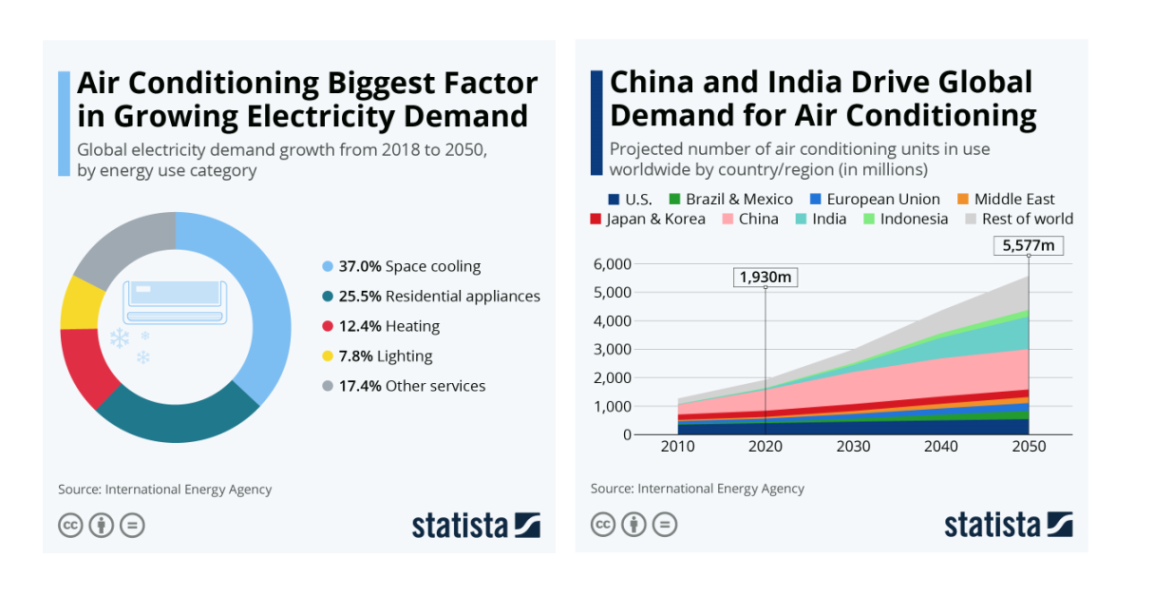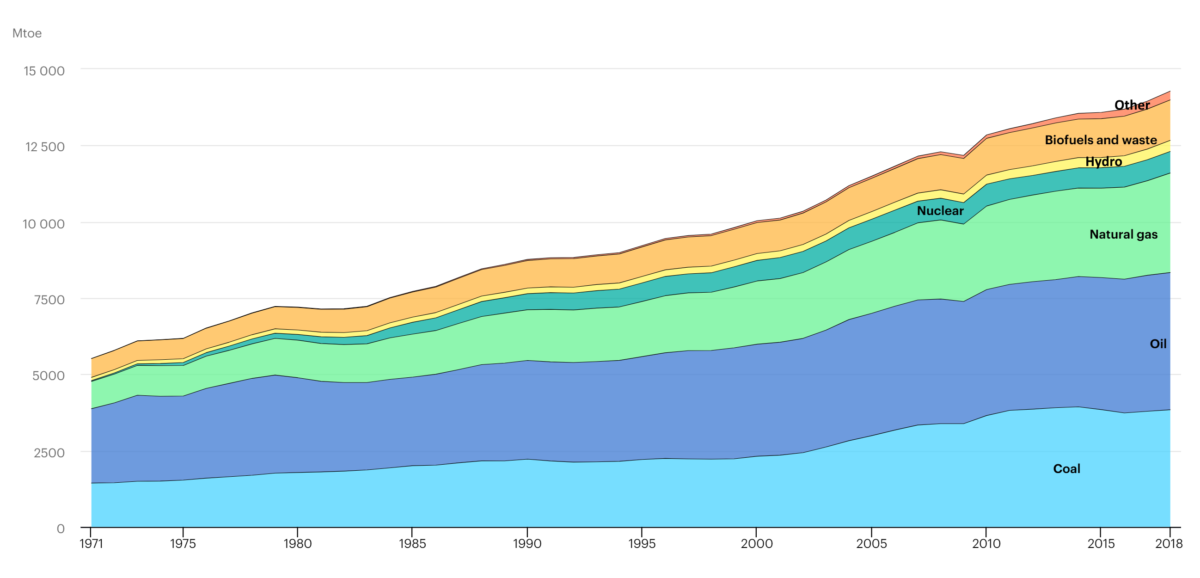Public participation in a West of England energy transition
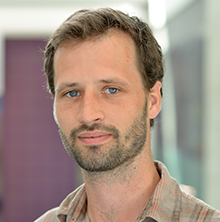 Dr Jake Barnes gave a presentation to the Bristol Sustainable Energy Research Fund, following the conclusion of his project on “Energy Publics: mapping public participation in Bristol’s energy transition”
Dr Jake Barnes gave a presentation to the Bristol Sustainable Energy Research Fund, following the conclusion of his project on “Energy Publics: mapping public participation in Bristol’s energy transition”
This research explored how and where is public participation in energy systems occurring in the West of England.
Change is needed
To achieve the deep and urgent reduction in carbon emissions, fundamental changes are needed to the way in which society produces and consumes energy. In addition to the technology we use to generate energy, the active engagement and participation of energy consumers, i.e. all of us, is needed.
This is because achieving the energy transition will require:
- fundamental changes to individual and collective energy practices,
- acceptance of the direction and extend of change; and
- a willingness to pay for it.
This is a change from the traditional view of citizens as passive energy consumers. Where public engagement has occurred, it is through discrete events (e.g. consultations) or on singular topics (e.g. the siting of renewable technologies), whereas contemporary energy participation is thought to take increasingly diverse forms.
However, participation through opinion polls, protests, maker spaces, smart technology trials and so on, all contribute to making contemporary energy participation hard to pin down and understand.
Jake’s research aimed to help fill a gap in knowledge by mapping energy participation in the West of England, then analysing the results to identify and explore key patterns and trends within regional energy participation. He undertook a rapid assessment of contemporary public participation in the West of England’s energy system, identifying 435 individual participatory events, which were compiled and analysed in search of key patterns and trends.
Results
The results show a diverse picture.
Contemporary regional energy participation is being led by various organisations from across all sectors and employs multiple formats (consultations, talks, protests etc.). As the chart below shows, it covers a large variety of issue spaces (community participation, fuel poverty, housing, nuclear etc.); and spans all three areas of the energy system (supply, distribution and use) to various extents.
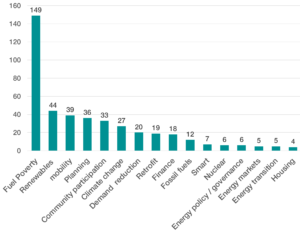
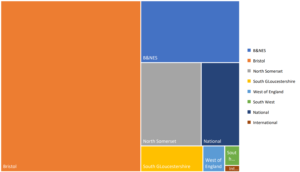
But within this diversity a number of trends standout, including:
- A concentration of activity within Bristol
- The dominance of civil society-led activity over other sectors
- The degree to which regional energy participation is informal, emergent and often performative
- The extent to which regional energy participation appears to be quite fragmented
Conclusions
Some of the conclusions of the work are that:
- Diverse forms of public participation should be encouraged to emerge, flourish and connect in order to encourage a more sustainable, inclusive and socially just energy system in the region;
- The process through which more sustainable, inclusive and democratically accountable energy emerge is likely to be messier and more contested than the development of sustainable energy systems guided by experts. This needs stating in order to acknowledge that the governance process may feel more unorganized and less clear cut and less easily managed but is necessary to ensure multiple voices are recognized, celebrated and encourage to participate; and
- There may be a need to experiment to link different forms of citizen participation with different forms and scales of energy decision-making to find the model that best suits the particular context.
Find out more
If you are interested in learning more, the project report is available, as well as a basic database listing all 435 instances of participation, including high-level information about the what, who, where and when of participatory events.

